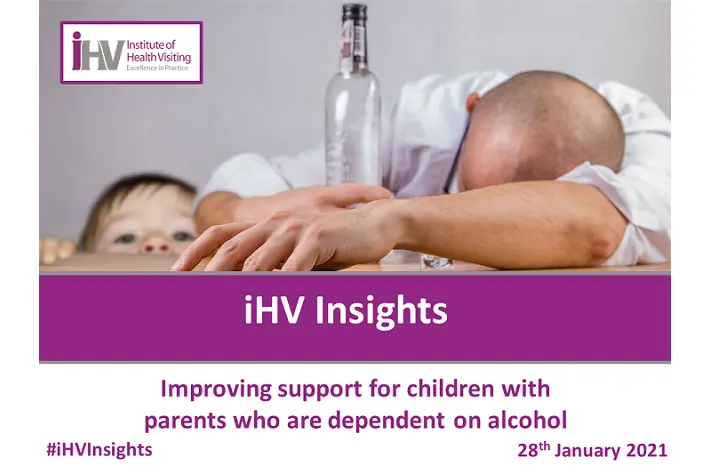In March 2022, The National Institute for Health and Care Excellence (NICE) published a new comprehensive quality standard designed to improve the diagnosis and assessment of foetal alcohol spectrum disorder (FASD). The NICE guidance says midwives and other healthcare professionals (including health visitors) should give clear and consistent advice on avoiding alcohol throughout pregnancy, and explain the benefits of this, including preventing FASD and reducing the risks of low birth weight, preterm birth and the baby being small for gestational age.
The NICE quality standard highlights five key areas for improvement:
- Pregnant women are given advice throughout pregnancy not to drink alcohol.
- Pregnant women are asked about their alcohol use throughout their pregnancy, and this is recorded.
- Children and young people with probable prenatal alcohol exposure and significant physical, developmental, or behavioural difficulties are referred for assessment.
- Children and young people with confirmed prenatal alcohol exposure or all 3 facial features associated with prenatal alcohol exposure have a neurodevelopmental assessment if there are clinical concerns.
- Children and young people with a diagnosis of FASD have a management plan to address their needs.
Updated GPPs
As a result, we have updated two Good Practice Points (GPPs) which now include links to the recently published NICE guidance:
Please note that GPPs are available to iHV members only.
If you’re not a member, please join us to get access to all of our resources.
The iHV is a self-funding charity – we can only be successful in our mission to strengthen health visiting practice if the health visiting profession and its supporters join us on our journey. We rely on our membership to develop new resources for our members.
So do join us now!





